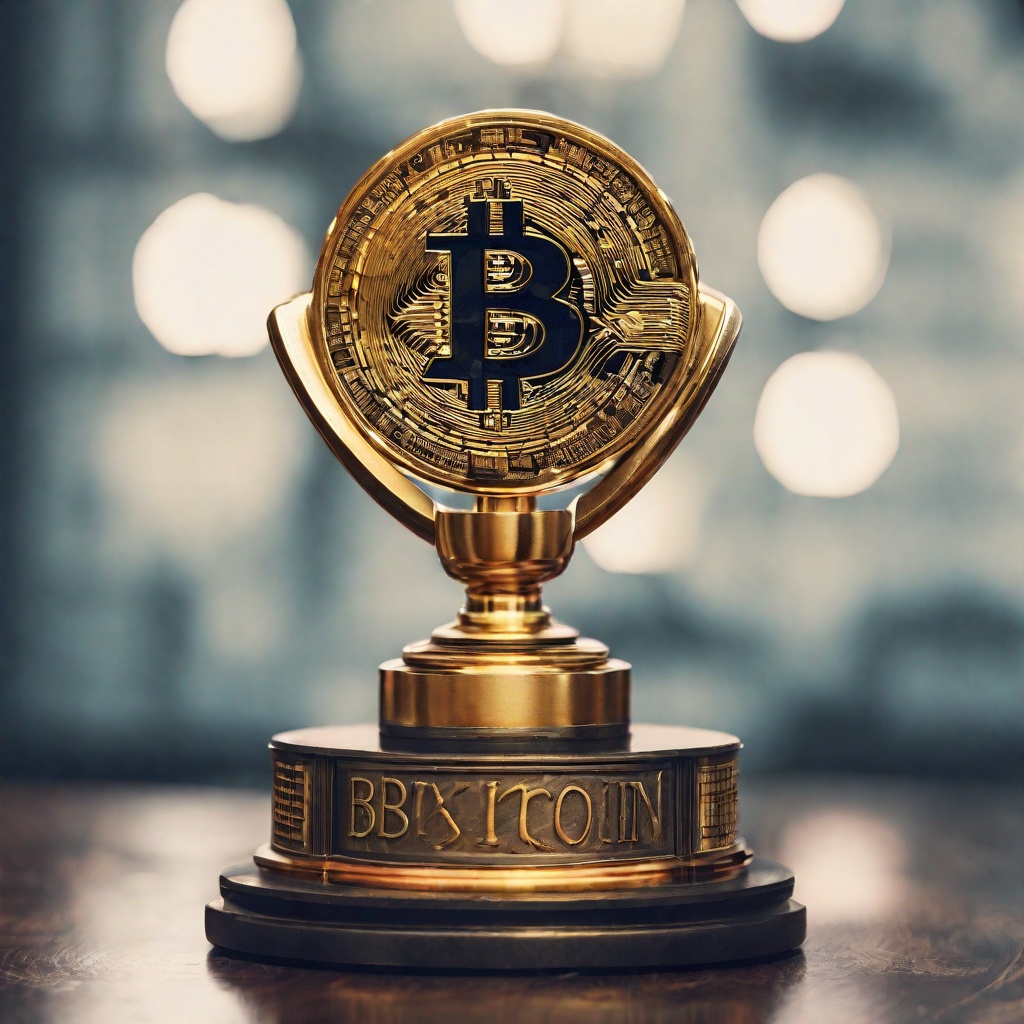Is ERC20 token based on blockchain?
I'm curious about the ERC20 token and its relationship with blockchain technology. Could you please clarify if ERC20 tokens are indeed based on blockchain? If so, could you explain how this works? I'm trying to understand the underlying principles and mechanics of ERC20 tokens and how they interact with blockchain networks. Would it be accurate to say that ERC20 tokens are digital assets that are issued, traded, and stored on the blockchain? And what are the specific advantages or benefits of using ERC20 tokens on a blockchain platform?
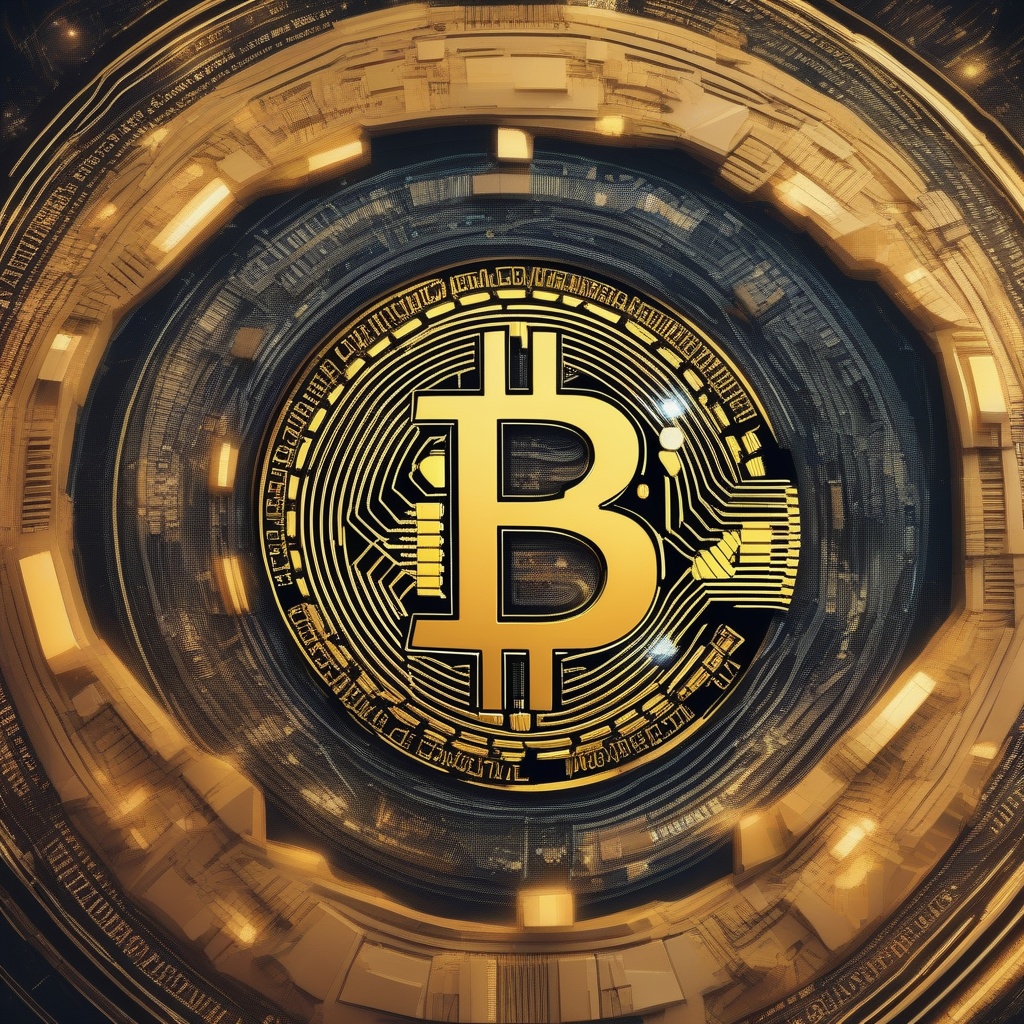
What are the negative effects of blockchain?
What are the potential negative effects of blockchain technology? Could you elaborate on some of the challenges and drawbacks associated with its widespread implementation? I'm curious to understand the limitations and potential risks that blockchain might pose in various fields, such as privacy concerns, scalability issues, or regulatory challenges. Could you provide some examples or scenarios where blockchain's negative impacts might be more pronounced? I'm interested in a comprehensive yet concise description of these concerns.
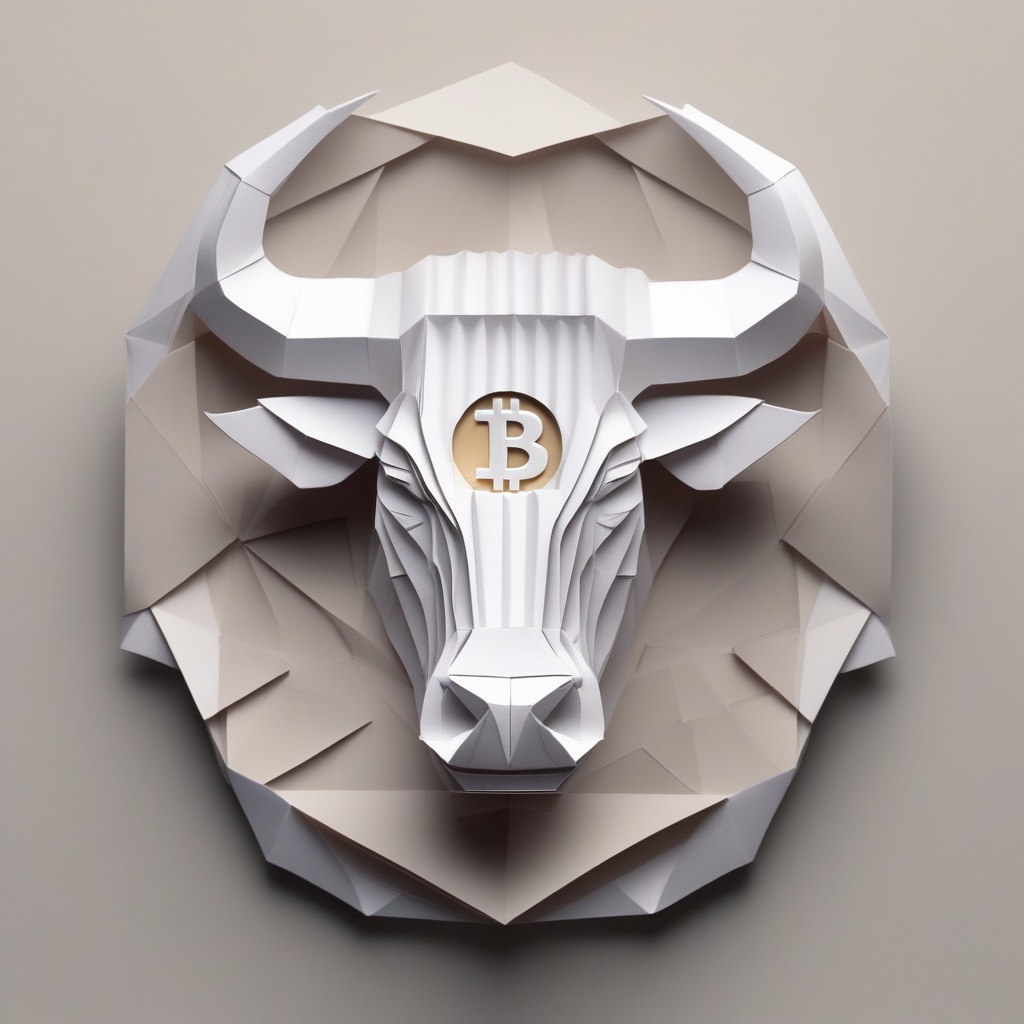
Why blockchain is better?
Why is blockchain better?" It's a question that often arises in the discussions surrounding the rise of cryptocurrencies and digital assets. Blockchain technology, after all, has revolutionized the way we think about transactions and data management. But why exactly is it so superior? Well, for starters, blockchain offers unprecedented security. Unlike traditional databases that can be hacked or manipulated, blockchain's decentralized nature ensures that data is secure and tamper-proof. Each block in the chain is cryptographically linked to the previous one, creating a virtually impenetrable ledger. Moreover, blockchain enables transparency and trust. With every transaction recorded on the blockchain, there's no need for a trusted third party to verify or mediate. This removes the need for intermediaries, reducing costs and enhancing efficiency. Lastly, blockchain's potential for innovation is vast. It's not just about cryptocurrencies; blockchain can be applied to various industries, from supply chain management to healthcare, enhancing processes and creating new business models. So, when you ask "Why is blockchain better?" the answer lies in its unique combination of security, transparency, trust, and innovative potential. It's a technology that's here to stay and revolutionize the way we do business.
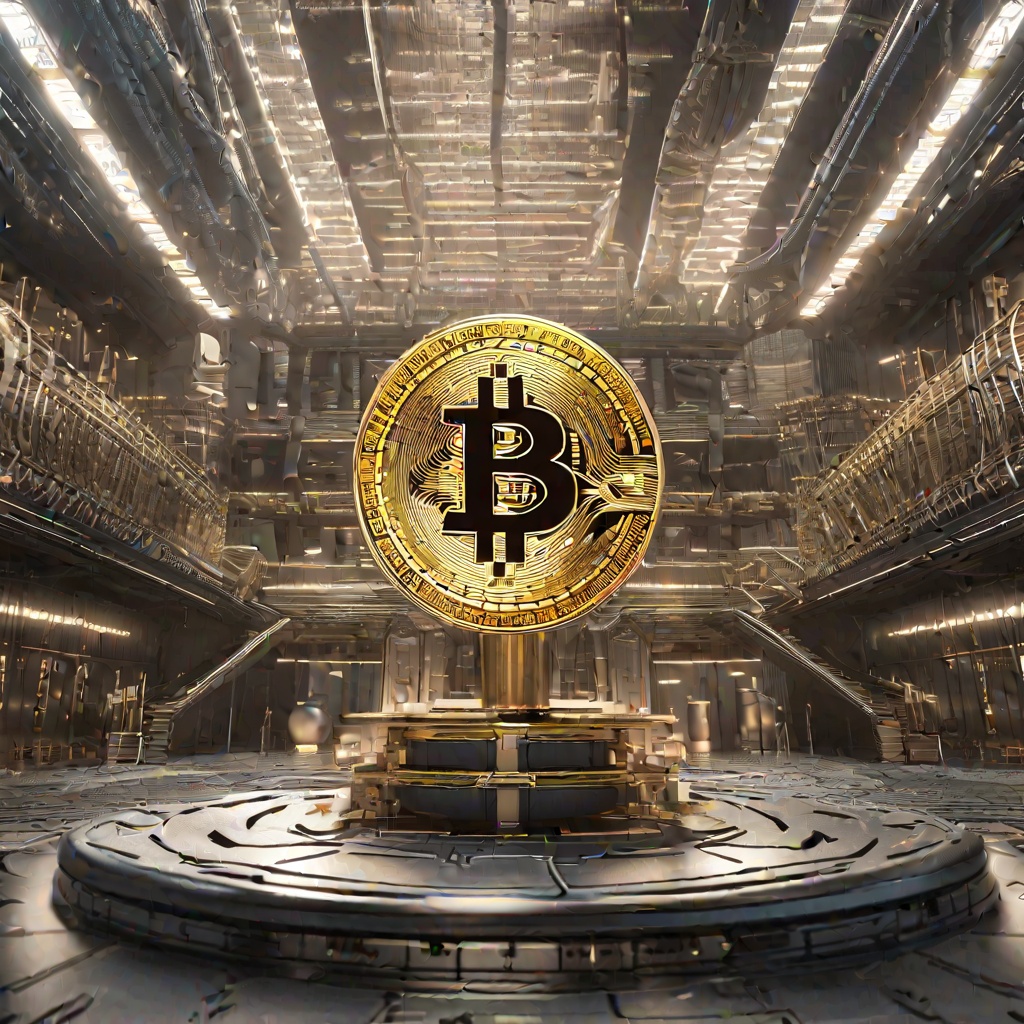
Does USDC have a blockchain?
Does USDC Have a Blockchain? Hello, I'm curious about something related to cryptocurrencies. Could you please clarify for me if USDC, the stablecoin backed by the US dollar, possesses its own blockchain? I've heard different opinions about this, and I'm a bit confused. Some say it's issued on the Ethereum blockchain, while others mention other platforms. Could you enlighten me on this matter? I'm particularly interested in understanding the technicalities behind it and how it affects its functionality and usability. Thank you for your time and assistance in this matter.
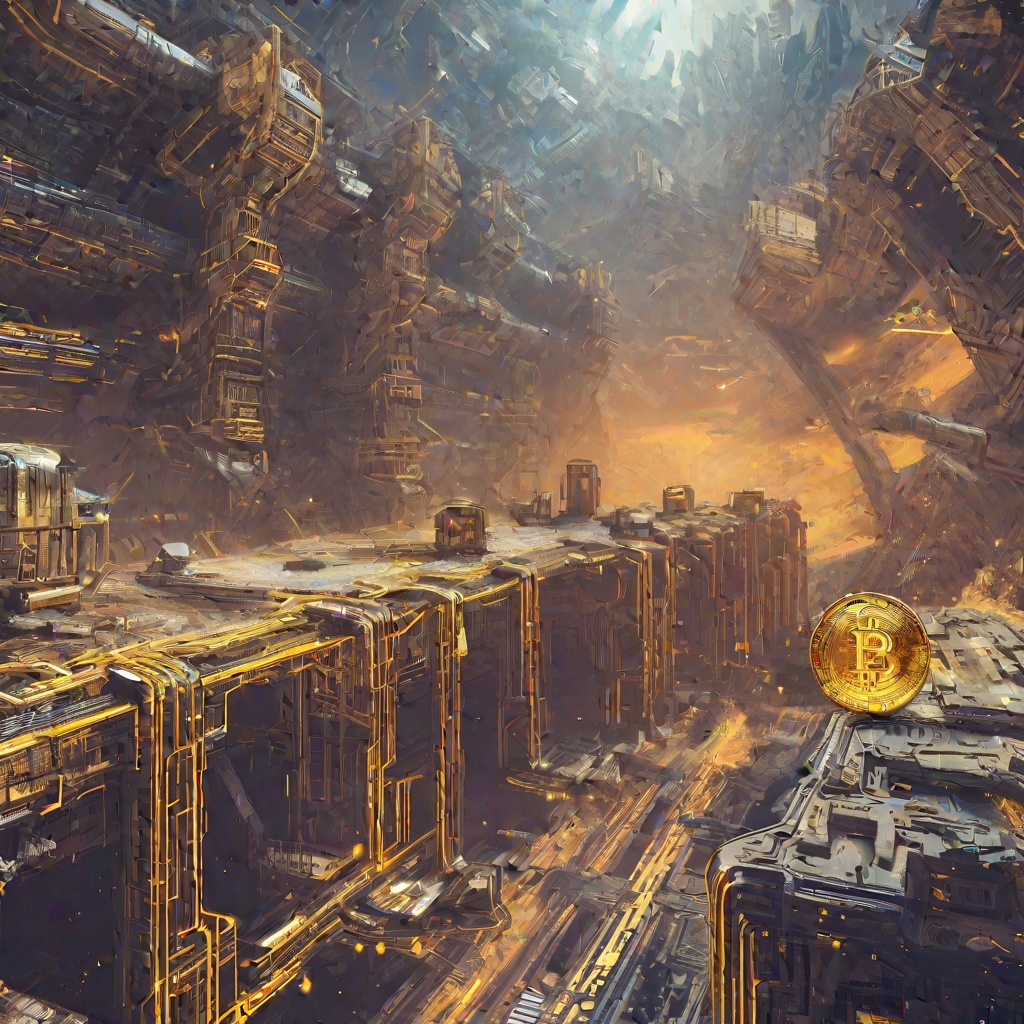
What is the biggest use of blockchain?
What exactly is the most significant application of blockchain technology? It's a question that often comes to mind in the realm of finance and cryptocurrency. Blockchain, as a distributed ledger system, offers a secure and transparent way to record transactions without the need for a central authority. But where does its true potential lie? Is it in the facilitation of seamless cross-border payments? Or perhaps in the creation of a tamper-proof registry for vital documents? Maybe it's in the potential to revolutionize supply chain management, ensuring traceability and authenticity? Or could it be something altogether different, yet to be fully realized? This technology is still evolving, and its applications are only limited by our imagination. So, what do you think is the most significant use of blockchain, and why?
